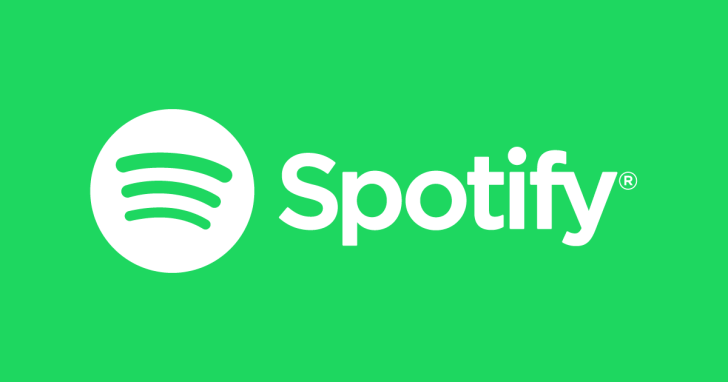Grab is opening its app to external developers and fellow startups, as the company that bought out Uber Technologies Inc in South-East Asia tries to build a WeChat-like super-app that encompasses everything from maps and payments to food delivery.
The move underscores the Singapore-based company’s newfound ambition to become an “everyday super app” that helps millions of users carry out routine activities, CEO Anthony Tan (picture) said in an interview. That includes delivering groceries in partnership with regional online grocer HappyFresh, a first for the start-up as it tries to emulate the success of rival Go-Jek beyond car-hailing. New services should help Grab hit a US$1 billion (RM4 billion) in revenue for the first time this year, he added.
The initiative comes as Grab grapples with accusations it’s accruing monopolistic power in its home market. The six-year-old start-up is hoping to replicate Chinese tech titans’ deep-seated connection with consumers. Tencent Holdings Ltd’s WeChat messaging system lets roughly a billion people order food, hail taxis and make payments. Following in its footsteps may be difficult given Grab lacks WeChat’s enormous user base — a big draw for third-party developers. But Tan argues Grab, last valued at US$6 billion by CB Insights, has heft of its own.
Partners “can leverage on our assets to help them grow”, he said. “For us, we are not going to be everything to everyone; we are going to focus on everyday services, leveraging on our payments infrastructure, transportation across the region.”
Grab rolled out a revamped app for Singapore and Indonesia on Apple devices yesterday and on Android on July 18, before moving to other countries later in the third quarter. Rather than developing a suite of in-house apps, Grab’s taking a page from companies like Tencent that invite developers — including household names such as McDonald’s and Coach — to design programmes to work within the confines of their platform.
https://themalaysianreserve.com/2018/07/11/grab-wants-to-build-a-tencent-like-super-app-to-rival-go-jek/










